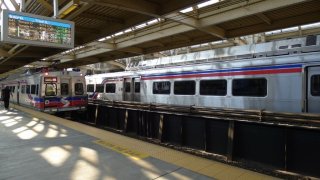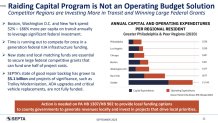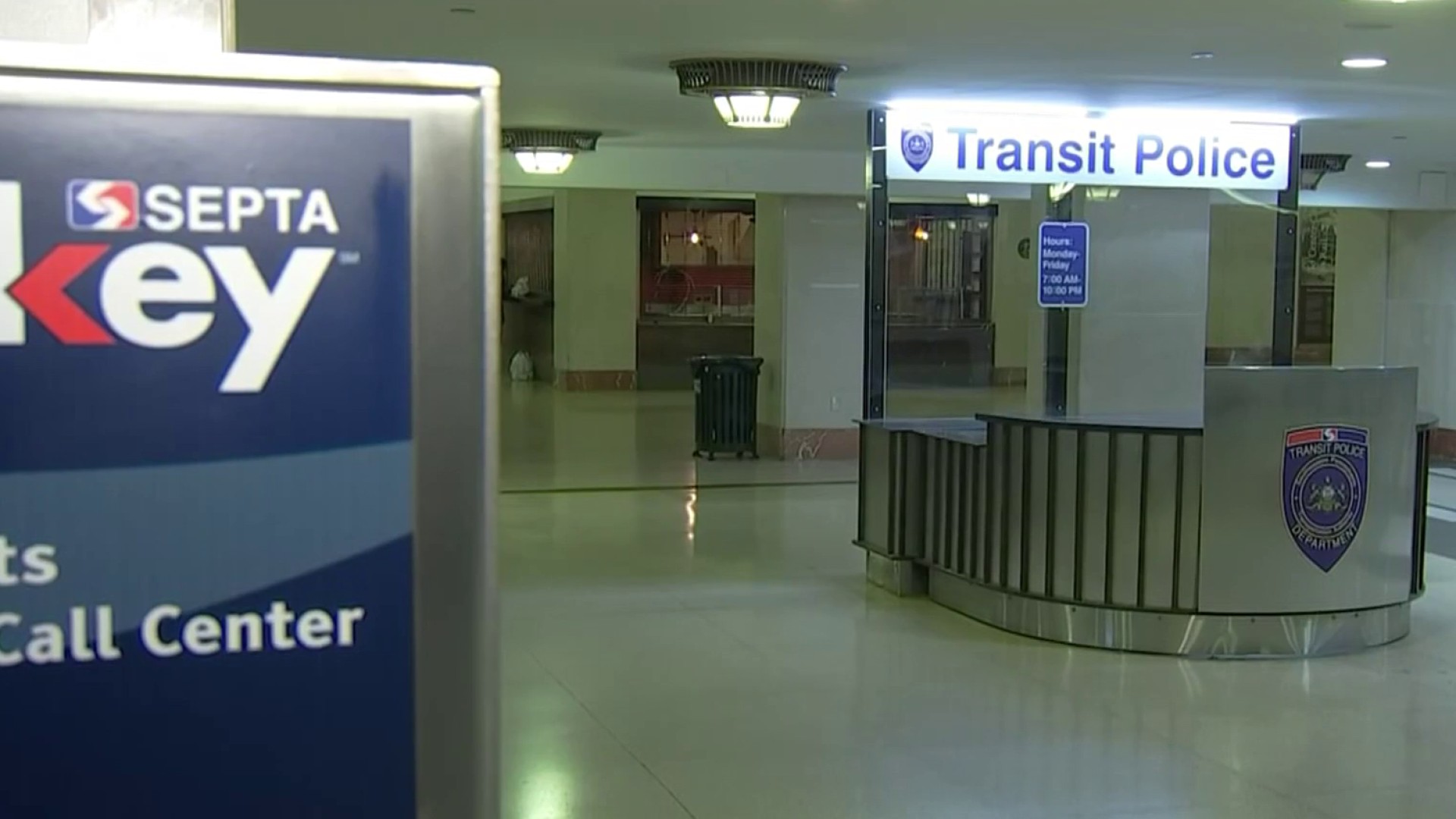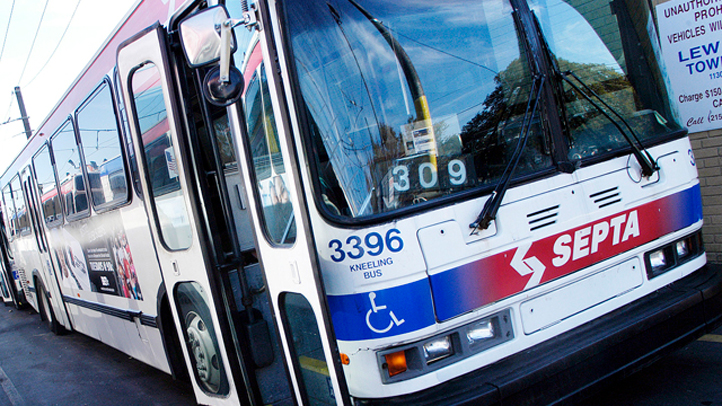
SEPTA is losing money.
Every year the mass transit provider operates at a loss. In its projected 2024 budget, SEPTA expects to generate about $355 million in income, but expects to spend $1.6 billion to operate.
It's no surprise. These numbers were delivered early last year.
But SEPTA has been able to continue to provide regular services without raising fares -- since 2017 -- through utilizing federal COVID relief funding. However, the mass transit provider is now on its last installment of those funds and they will be exhausted in April.
Get top local stories in Philly delivered to you every morning. Sign up for NBC Philadelphia's News Headlines newsletter.
Now, SEPTA is facing what spokesperson Andrew Busch called a "fiscal cliff."
"Without a funding solution, we are left with significant service cuts and fare increases," he worried. "We hope it doesn't come to that."
SEPTA faces 'death spiral'
The extent of the problem was laid out back in September, in a presentation to the House Transportation Committee in Harrisburg, when SEPTA officials warned that the mass transit service could head into a "death spiral" if elected officials didn't take action. An annual shortfall of $240 million is looming once those pandemic funds are exhausted.
Officials had the chance to provide additional funding to SEPTA in last year's budget. There was an initiative that would have provided an additional $190 million to SEPTA that would have increased SEPTA's share of state sales tax revenue from it's current level of 4.4% to 6.4%.
But they didn't do it.
Now, Busch said, there will need to be a new source of funding found.
If not, Busch said that by September, riders could be paying more -- with potential fare increases of up to 30% -- and getting less, with the possibility of cuts to 20% of services across all SEPTA options.
Cuts wouldn't happen all at once, he said.
Instead, SEPTA would likely "layer them in over time" and they would be spread throughout the entire system to ensure no one area or community was disproportionately impacted by any service cuts.
'We need state funding'
The possibility of seeing riders faced with having to pay more for less is an outcome that Connor Descheemaker, manager of Transit Forward Philly -- a coalition of Philly-based organizations that advocates for transit improvements for the benefit of Philadelphia residents -- doesn't want to see.
And they argue that the state should step up, as SEPTA is -- as pointed out by SEPTA officials -- "historically underfunded."
"We need state funding in the immediate term," Descheemaker said. "But, we can't count on that as a solution."
Descheemaker noted a statistic that SEPTA shared with the House Transportation Committee -- that comparable cities like Boston, Washington, D.C. and New York City all spend more per capita on mass transit than Philadelphia.

As an example, Descheemaker said that each resident in the Washington, D.C. region sees about $70 per year of their taxes spent on the city's mass transit system.
In Philly, they said, only about $17 per taxpayer goes to SEPTA on an annual basis.
"This is hundreds of millions of dollars of indifference," Descheemaker said.
SEPTA currently faces many issues, from a recent worker strike, driver shortages and employee training needs after several concerning incidents. However, Descheemaker argues that SEPTA is doing a good job, considering how underfunded the city system is when compared to others.
"It's really good, in terms of getting a bang for your buck," they said.
This isn't over
Even with the issues SEPTA faces, Busch said that, right now, discussing these funding issues is something of a canary in a coalmine. The mass transit provider has funding through the fiscal year and wouldn't implement any major changes -- if any -- by late this year.
Yet if no other funding sources could be found, he admitted SEPTA could raise fares by about 8 or 9% before the fall.
But, before it comes to that, Busch said there could be new funding for SEPTA in Gov. Josh Shapiro's budget that is expected to be unveiled in February. At the moment, he said, SEPTA is working with Shapiro's office to find the funds needed to avoid any service cuts or fare increases.
"The lines of communication are open," he said.
Sign up for our Breaking newsletter to get the most urgent news stories in your inbox.



